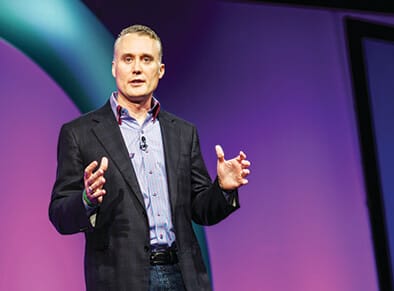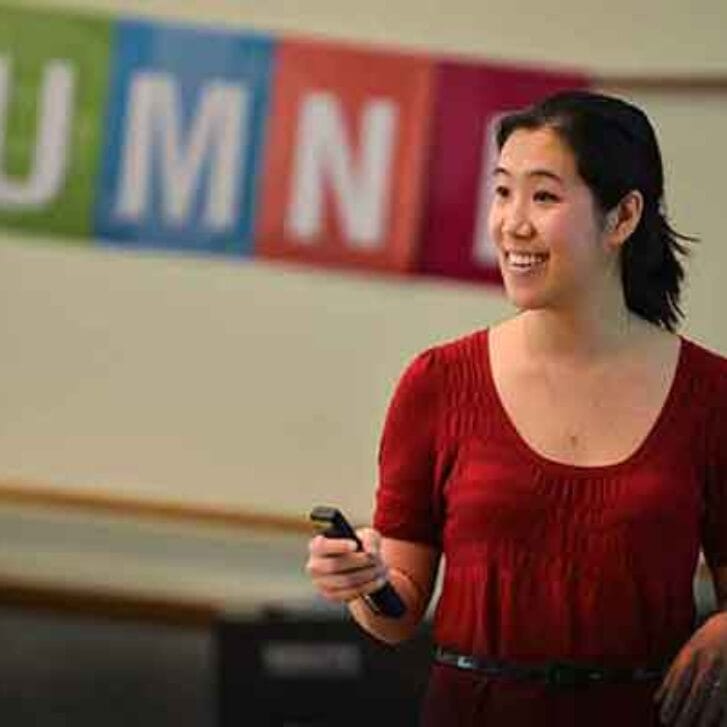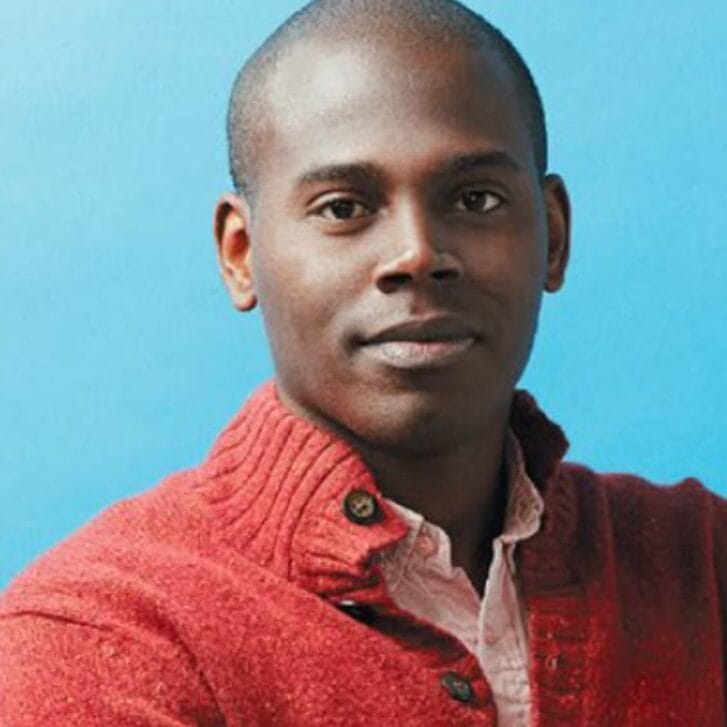I was a bit of an outlier when I earned my MBA at Wharton in 1999. I was an entrepreneur in a class of almost all aspiring consultants and bankers. What made the situation even more unique was that I did not just aspire to start my own business—I was founding and running businesses while I was still in school. Today on campus, where 70 first-year MBAs launched or participated in startups before arriving, it is the norm. But back then, my entrepreneurship was a bit odd.
I founded my first business in the craft I had learned right before Wharton: consulting. A senior manager from my prior employer, Deloitte, called me in November 1997 in a panic right before my winter break after my first semester. He had sold a client, the Department of Labor in Louisiana, on a project in which he would build a system to track their adult education system, replacing their current paper-based filing systems with a client-server design. This would allow for more efficiency, better reporting and analytics. The problem: He had a very small budget and no idea how to build it. So he turned to me.
And I was in. I had two weeks during that winter break to create the entire system from scratch. I learned a new programming language with the help of a very smart friend, who happened to be visiting the Wharton campus to consider his own MBA. I was absolutely determined to prove that I could do it. I worked every day and night until around 3 a.m. during that two-week period, including during the ball dropping to celebrate New Year’s Eve.
Fortunately, I have a very understanding and independent wife, Debra, and she wanted me to prove to myself that I could do it.
The confidence that gave me was transformational. I knew after succeeding with the project that I would never have to take a job again. I would be an entrepreneur for the rest of my life, following in my parent’s footsteps. Hurt Technology Consulting LLC was born.
I continued to grow the consulting business throughout my time at Wharton, but I also chased scalable entrepreneurial dreams with three other businesses.
One was a business named MBA ZoNe. I had two co-founders: Brenda and Marc Mizgorski, both WG’99. It was a virtual community for MBA prospects, students and alumni. It was advertising based. I was the CTO, and I built the whole site and sold our first advertising—to Deloitte Consulting. I believe it was a $7,000 banner ad campaign with a certain number of impressions. There was just one problem: I didn’t like selling advertising. So that business ended for me when I sold my equity stake back to the husband and wife, who still run it today.
Another was a business named BodyMatrix. My parents were always retail and direct-marketing entrepreneurs, so I decided to try my hand at retail—but online. I built the e-commerce engine from scratch. We launched after one month and we were getting orders from the U.S., U.K. and American military bases all over the world. We sold sports nutrition products because they are products that customers frequently reorder. Debra and I knew because we were customers ourselves and exercised almost every day (and still do). I negotiated an agreement with a Dallas-based wholesaler, and they handled all the inventory management and shipping for us. It cost about $150 to launch (mostly in hosting and incorporation fees) but with quite a bit of sweat equity.
Then I launched Coremetrics, which grew out of BodyMatrix. The most frustrating part of e-commerce was that all customer behavior was masked by a Web browser. At least in my parent’s stores you could ask customers questions like, “Are you finding everything you need?”; “How did you hear about us?” or “What other products do you think we should carry?” But online, we were blind.
So I built the technology to see. And because I had built the e-commerce platform myself, I did what I thought was most logical: I wrote the customers’ actions as they occurred directly to the underlying e-commerce database. Where did they visit us from? What products did they look at? What products did they buy? What products did they search for? What products did they abandon from their shopping carts?
To validate if this was the big business I had been looking for, I talked with two of my classmates who worked at Amazon and CDnow. I showed them a demo of my analytics solution and how I was using it to personalize offers.
To my surprise, they were blown away. I fully expected them to give me ideas for improvements based on their presumably much more sophisticated systems. But they didn’t; instead, they told me that I should start this business as soon as possible. I remember those meetings like it was yesterday, and I walked out of them more excited than I had ever been. I named the business Coremetrics because if you listen carefully, executives use the words “core” and “metrics” frequently.
I kept all four businesses going until I was about to graduate. I frequently worked through the night, fortunately capturing a little sleep before my classes. In retrospect, this may have been a little bit insane. But I was driven by the passion to be an entrepreneur, and I have no regrets. Once I determined that Coremetrics was the huge market opportunity I had been looking for, I sold the other three businesses as fast as possible and went after Coremetrics with all I had.
My successes and challenges with Coremetrics are well documented, as is the subsequent launch, IPO and acquisitions of my next company, Bazaarvoice, which helps retailers tap consumer conversations for growth.
What perhaps is not as known is my desire now to give back. I do so as an investor—for instance, as a former partner at Austin Ventures and now as co-founder of our family office, Hurt Family Investments—as a mentor (at TechStars Austin and Capital Factory and as a Wharton Entrepreneur-in-Residence), and as a writer (on my personal blog Lucky7.io and now as a Wharton Blog Network contributor).
I am motivated to give back to Wharton in particular because of what the School did for me. I experienced nothing short of a personal transformation on campus thanks to my professors, classmates and alumni. Being on campus is still an empowering experience for me every time I return. Everwhere you look at Wharton, there are aspiring entrepreneurs. I invite all alumni to return to campus, to give of their time or to simply visit, to experience it for themselves. To teach is to learn.
Brett Hurt, WG’99, serves as vice chairman of the board for Austin, TX-based Bazaarvoice and owner of Hurt Family Investments, a family office that invests in seed-stage companies as well as other asset classes. He received the Serial Entrepreneur Award for 2012 from the entrepreneur empowerment group RISE, the Austin Entrepreneurs Foundation’s Community Leadership Award for 2012 and Entrepreneur of the Year for Austin recognition in 2009. In 2013, the Wharton Club of New York honored him with the Joseph Wharton Award for Young Leadership.
Editor’s note: Read more about and by Brett in his contributions to the Wharton Blog Network.


























